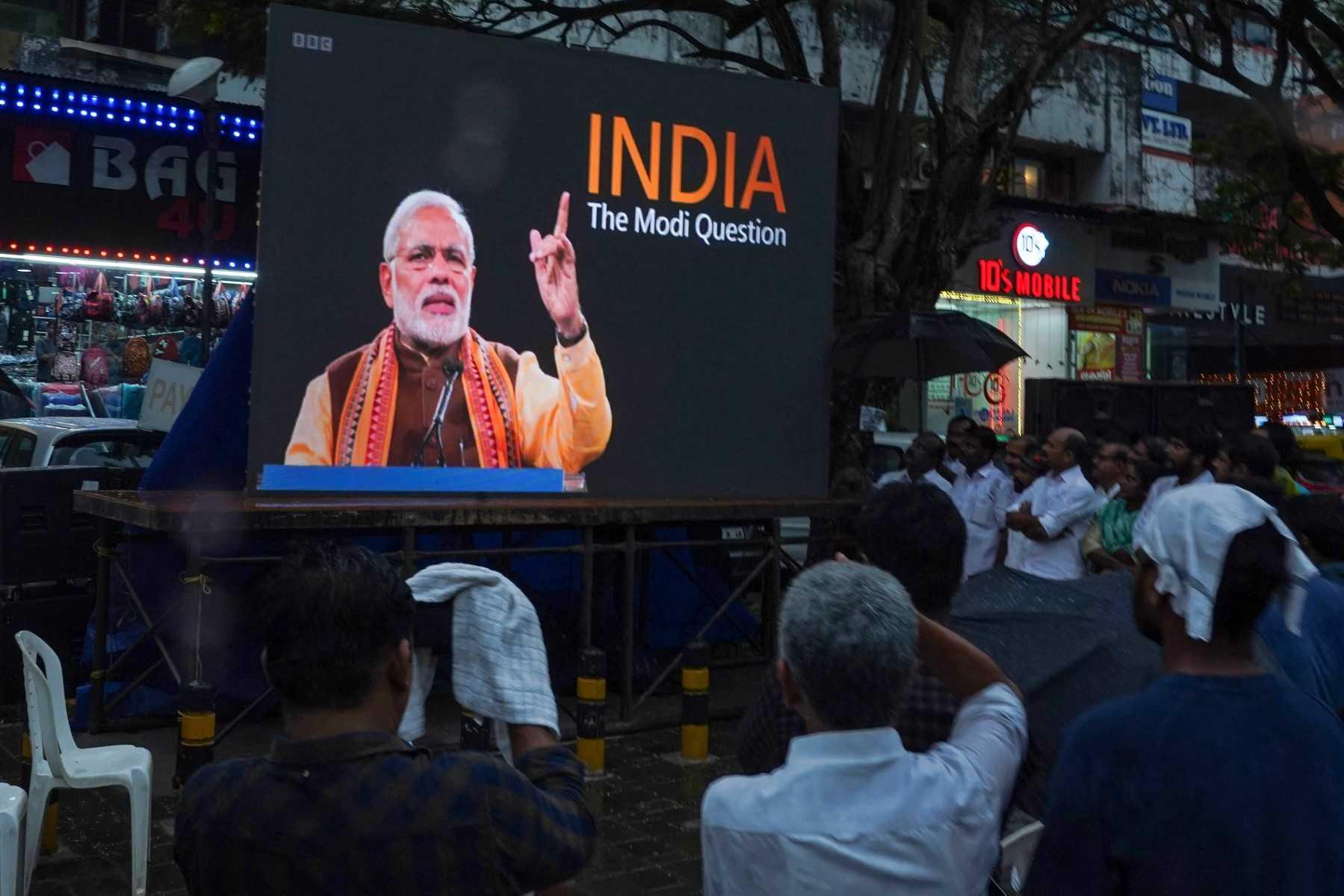Tax officials raid BBC India office after critical documentary
Police sealed off the building and half a dozen officers were stationed outside the office – which occupies two floors – to prevent people from entering or leaving.
Just In
Indian tax officers searched the BBC's bureaus in New Delhi and Mumbai on Tuesday, two sources told Reuters, weeks after the government came down hard against a BBC documentary critical of Prime Minister Narendra Modi's role in the 2002 Gujarat riots.
The documentary had focused on the Hindu nationalist politician's leadership as chief minister of the western state during the deadly communal riots, in which at least dozens of Muslims were killed.
Neither the tax department nor the BBC responded immediately to emails seeking comment.
One of the sources in the BBC's New Delhi office said that tax officials were speaking with the accounts officer and no one was allowed to leave.
While the search was underway, television news crews set up outside the office near Connaught Place, in central Delhi, to report developments.
Last month, police in Delhi detained students as they gathered to watch the documentary that the government has dismissed as propaganda. India's foreign ministry in January said the documentary was meant to push a "discredited narrative", was biased, lacked objectivity and showed a "continuing colonial mindset". The BBC has stood by its reporting for the documentary.
Modi ruled Gujarat for a decade before becoming prime minister in 2014. Accusations he did not do enough to stop the rioting have dogged his career. Modi has always denied any wrongdoing. In 2013, a panel appointed by the Supreme Court said there was insufficient evidence to prosecute him.
Subscribe to our newsletter
To be updated with all the latest news and analyses daily.
